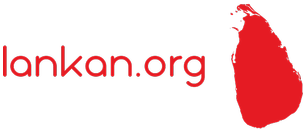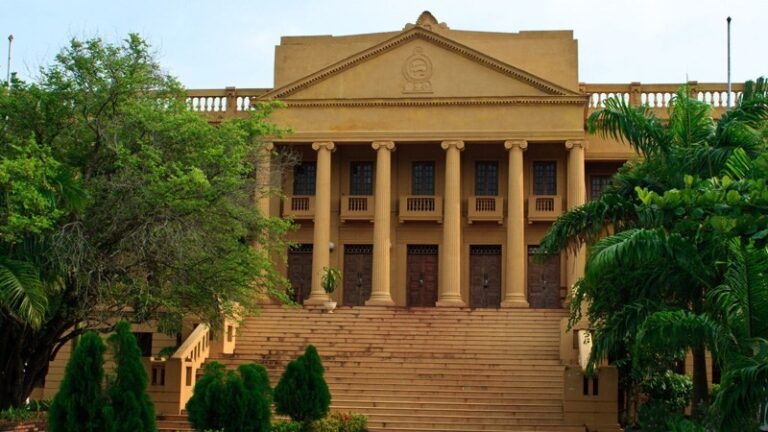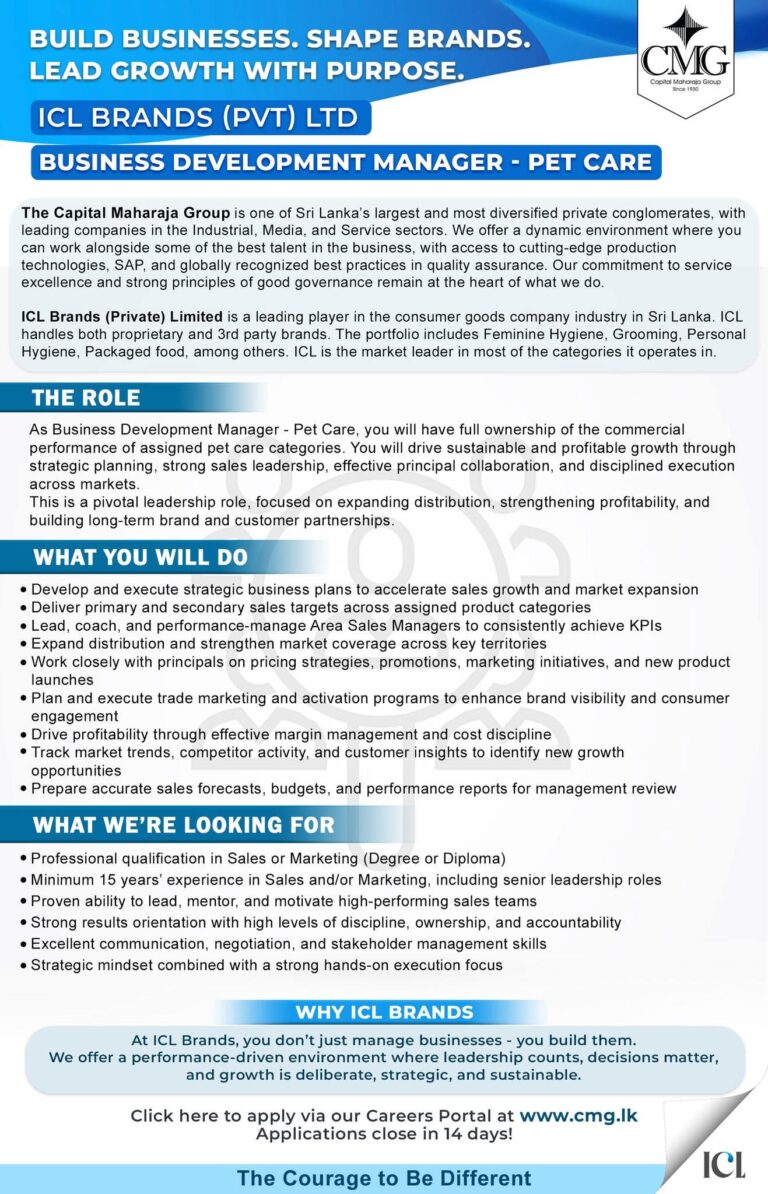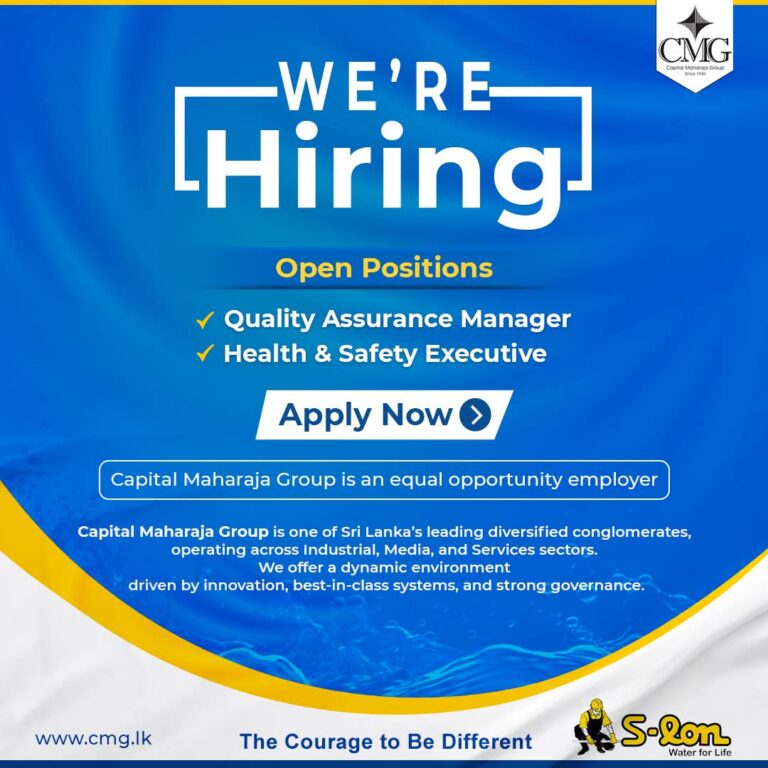COLOMBO, Sri Lanka – November 26, 2025 – In a decisive move to broaden its tourism landscape and distribute economic prosperity across the island, Sri Lanka is actively championing regional hotel development through new incentives and strategic investments. Recent declarations from top government officials, coupled with significant international funding, signal a robust push towards transforming lesser-explored areas into vibrant tourist destinations.
Government’s Urgent Call for Investment Beyond Colombo
Just this week, on November 25, 2025, Sri Lanka’s Minister of Foreign Affairs and Tourism, Vijitha Herath, issued a compelling call to the Hotels Association of Sri Lanka. He urged investors to look beyond the capital, Colombo, and explore development opportunities in underdeveloped regions such as Jaffna, Bandarawela, Badulla, and Ampara. This initiative is part of a broader, long-term vision for balanced development and economic diversification, aiming to prevent tourism concentration and spread its benefits more widely among local communities.
Minister Herath emphasized the government’s readiness to facilitate this decentralization by offering crucial land incentives. “We have ample land under Sri Lanka Tourism that is available for hotel development. We have already received several investment proposals for new hotels and tourism facilities, and we are open to more. The government is ready to facilitate this process by providing the necessary land and incentives to hotel developers,” he stated. This proactive approach is expected to stimulate hotel development and attract private investors eager to capitalize on the burgeoning regional tourism market, positioning Sri Lanka as a more diverse and sustainable destination.
ADB Infusion: Fueling Sustainable Regional Tourism
Further bolstering the regional development agenda, the Asian Development Bank (ADB) has approved a substantial $100 million financing package for Sri Lanka’s Sustainable Tourism Sector Development Program (STSDP). Announced in late October and receiving cabinet approval in early November 2025, this package comprises a $70 million concessional loan and a $30 million regular loan. The STSDP is designed to strategically diversify the sector by promoting untapped tourism areas, including marine tourism, and opening up new destinations.
Key areas targeted for sustainable tourism and urban development under this program include the culturally rich Dambulla (encompassing Sigiriya) and the picturesque Trincomalee. The funding will support policy and institutional reforms, enhance private sector participation, and address critical infrastructure gaps, ensuring a more resilient, inclusive, and eco-friendly tourism ecosystem.
The Broader Vision: National Productivity and Economic Diversification
The push for regional hotel development aligns perfectly with the recently unveiled National Productivity Master Plan (2024-2029) on November 20, 2025. This ambitious plan seeks a radical economic transformation, with a strategic focus on revitalizing the critically important tourism industry. It includes comprehensive strategies for infrastructure improvements, smarter public institutions, and skill development, all of which are vital for supporting the growth of regional hospitality.
The government recognizes tourism as a cornerstone of the economy, capable of contributing significantly to foreign exchange earnings and employment. By fostering regional development, Sri Lanka aims to generate income for small businesses, transportation providers, and food services, and crucially, create job opportunities for local communities that traditionally rely on agriculture and fishing. This diversification will make these regions less vulnerable to seasonal economic fluctuations.
Industry Calls for Sustainable and High-Value Growth
The private sector is also advocating for forward-thinking incentives. On November 26, 2025, Asoka Hettigoda, the President-elect of the Sri Lanka Tourism Hotels Association (THASL), urged the government to introduce incentives for hotels adopting environmentally responsible practices. He emphasized the need to elevate niche segments such as surfing, wellness tourism, yoga retreats, architecture tourism, and genuine community-based experiences, which often thrive in regional settings and attract high-end travelers.
THASL’s ambitious goal is to increase tourism earnings to $10 billion by 2030, which would require an annual arrivals growth of 20% to reach six million visitors, coupled with a 30% increase in per-night spending. This vision underscores the importance of developing diverse, high-quality offerings across the island, not just in established urban centers.
Existing and Future Investment Frameworks
While new, targeted regional incentives are emerging, the Board of Investment (BOI) of Sri Lanka continues to be the primary agency facilitating foreign direct investment. Existing BOI frameworks offer attractive concessions, including preferential tax rates, tax holidays, duty exemptions, 100% foreign ownership in many sectors, and mechanisms for profit repatriation. Notably, enterprises in the Northern Province investing over USD 3 million in depreciable assets can benefit from an enhanced capital allowance of 200%.
There is also ongoing work by the BOI and the Ministry of Investment Promotion to formulate a new package of incentives for the 2025 Budget, aimed at spurring investments after recent corporate tax adjustments. These upcoming policy refinements are expected to further streamline and enhance the investment climate for regional hotel projects.
Outlook: A Promising Horizon for Regional Hospitality
With tourist arrivals surpassing the 2 million mark by mid-November 2025, Sri Lanka’s tourism sector is demonstrating strong recovery and growth. The strategic pivot towards regional development, backed by government land incentives, significant ADB funding, and a national commitment to productivity and sustainability, paints a promising picture for hotel investors. By diversifying its offerings and spreading its economic benefits, Sri Lanka is poised to cement its position as a premier global tourist destination, rich in authentic experiences and inclusive growth opportunities.
















